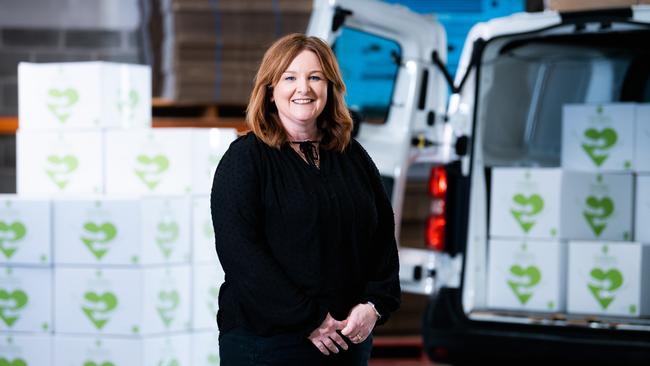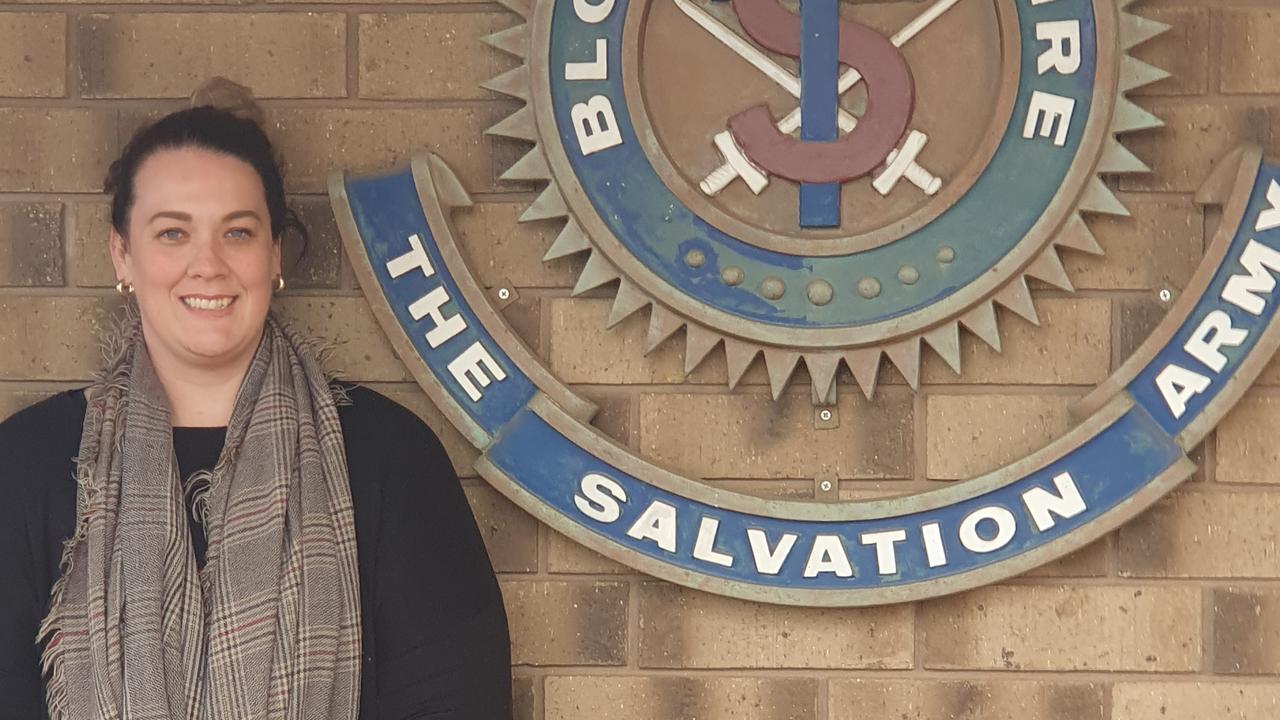Study shows soap, shampoo and deodorant are becoming ‘unaffordable luxuries’ amid cost-of-living crisis
Once considered everyday staples, a new study has found they are fast becoming “unaffordable luxuries” for many South Australians. What are they?
Lifestyle
Don't miss out on the headlines from Lifestyle. Followed categories will be added to My News.
Soap, shampoo and deodorant used to be staple items in most households but a new disturbing study reveals that one-in-five South Aussies are living in hygiene poverty.
New research conducted by Good360 Australia looked at how the cost-of-living has impacted people across the state – only to find that more people are feeling the pinch as they are forced to skip buying essential personal items or cleaning products due to competing expenses.
The founder and managing director of Good360 Alison Covington said it is “heartbreaking to see families having to choose between heating, eating or keeping clean”.
“These are basic items that most of us take for granted, but for many they are becoming unaffordable luxuries. In a country as wealthy as Australia, this shouldn’t be happening.”

One struggling South Aussie Sue – who asked to keep her surname private – from Salisbury East, 60, said she has been forced to prioritise paying for her rent, medication and food instead of purchasing hygiene items.
“My rent has gone up $110 a week which means I struggle in other areas,” she said.
“I am now on more medication for my health conditions which means less money for other things such as personal hygiene items and food.”
“I feel like less of a person as I can’t afford what I used to.”
To combat her hygiene poverty, Sue has been accessing support from the Salvation Army which has provided her gift cards and hygiene packs.

The Salvation Army Doorways acting regional manager Megan Harrison has said she has been witnessing the increased demand for many months now.
“It’s hard to give a time frame for when things started going downhill but it’s obvious that it has become an increasing demand for people,” she told The Advertiser.
“Personal hygiene products can very costly and people are trying to substitute or completely remove that cost in order to pay off their mortgage, their rent, or just to put food on the table for themselves and their children.
“We’ve also noticed that people are struggling with hygiene like washing their clothes, they can’t afford the bill for the washer and the dryer, and washing powder is expensive too.”
Hygiene poverty is typically considered to be a precursor to food and fuel shortages in households.





